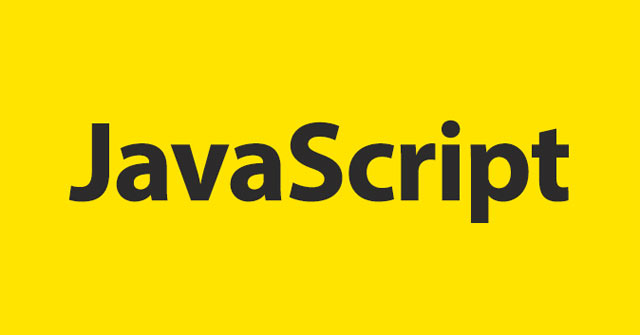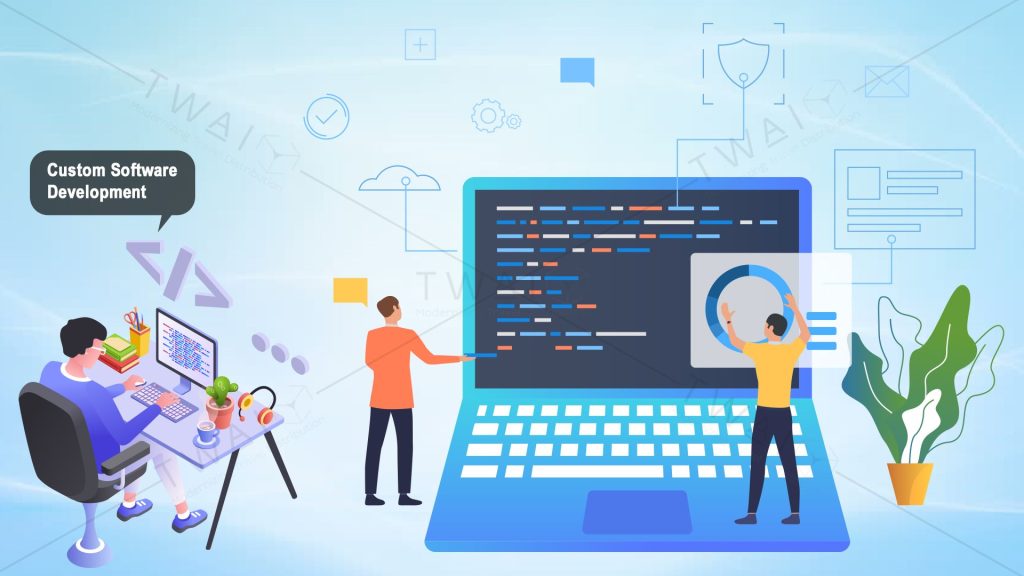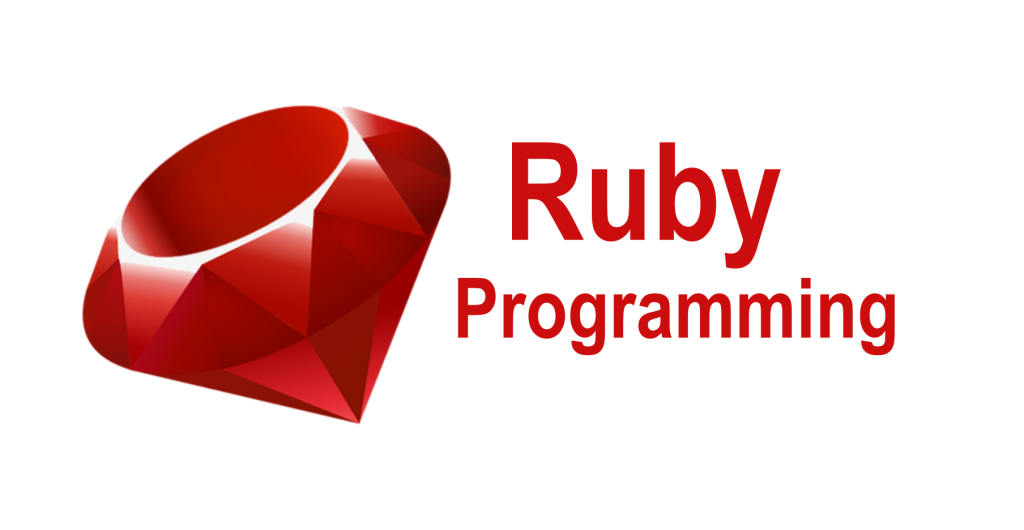In today’s digital age, software plays a pivotal role in every aspect of life and business. From data management to customer interactions and manufacturing processes, software shapes how we work and engage. However, not every off-the-shelf software solution can meet the unique requirements of each business. This is where the concept of “Custom Programming” comes into play.
In this article, we will delve into what exactly is meant by “Custom Programming,” why businesses should invest in custom programming services, and the strengths of utilizing popular programming languages for developing tailor-made software. Let’s embark on a journey to explore the creativity and potential that custom programming brings to the growth of every enterprise.
What is Custom Programming?
Custom Programming, also known as custom software development or bespoke software development, refers to the process of creating software applications or solutions specifically tailored to meet the unique needs and requirements of a particular individual, organization, or business. Unlike off-the-shelf software that is designed to be more general and cater to a wide range of users, custom programming involves designing, coding, and testing software from the ground up to address specific challenges or opportunities faced by the client.
In essence, custom programming involves collaborating closely with clients to understand their distinct workflows, processes, and goals. Developers then design and build software that aligns perfectly with these specific requirements, ensuring that the end product is optimized for efficiency, usability, and scalability. This approach allows businesses to have full control over the features, functionality, and user experience of the software, resulting in a solution that seamlessly integrates into their existing operations.
Custom programming can encompass various types of software applications, including web applications, mobile apps, desktop software, and even embedded systems for specialized hardware. It often involves selecting appropriate programming languages, frameworks, and technologies based on the project’s scope and objectives.
What are the benefits of custom programming?
The benefits of custom programming include:
-
Tailored Solution:
Custom programming allows you to create software that precisely matches your unique business processes and requirements. Off-the-shelf software may not offer the exact features or functionalities you need, but with custom programming, you have full control over the design and functionality of the software.
-
Increased Efficiency:
Custom software is designed to streamline and automate your specific workflows, leading to improved efficiency and productivity. By eliminating unnecessary features and incorporating only the ones you need, you can optimize your processes and achieve better results.
-
Scalability:
Custom software can be designed with scalability in mind, allowing it to grow and adapt as your business expands. This is particularly important for businesses that anticipate rapid growth or changes in their operations.
-
Competitive Advantage:
Custom software can provide a competitive edge by allowing you to differentiate your business through unique features or capabilities that are not available in standard off-the-shelf solutions. This can help you stand out in the market and attract more customers.
-
Data Security:
With custom programming, you have greater control over the security measures implemented within the software. You can design robust security protocols and ensure that sensitive data is properly protected, reducing the risk of security breaches.
-
Integration:
Custom software can be seamlessly integrated with your existing systems, applications, and databases. This integration can lead to improved data sharing, reduced manual data entry, and a more cohesive technology infrastructure.
-
Cost Savings:
While custom programming may have higher upfront costs compared to purchasing off-the-shelf software, it can lead to significant cost savings in the long run. Custom software eliminates the need for costly workarounds, manual processes, and third-party software licenses that may be required with generic solutions.
-
Long-Term Support:
When you work with a custom software development team, you typically have access to ongoing support and maintenance services. This ensures that your software remains up to date, compatible with new technologies, and capable of addressing evolving business needs.
-
Ownership and Control:
When you invest in custom programming, you own the rights to the software and have full control over its development and maintenance. This is in contrast to off-the-shelf software, where you are subject to the terms and conditions set by the software vendor.
-
Innovation and Flexibility:
Custom software can provide the flexibility to experiment with new ideas, features, and technologies that are not available in standard solutions. This allows you to innovate and adapt to changing market demands more effectively.
It’s important to note that while custom programming offers numerous benefits, it also requires careful planning, skilled development teams, and a clear understanding of your business requirements. Before embarking on a custom software development project, it’s advisable to conduct a thorough analysis of your needs and explore whether existing solutions can meet your requirements.
Top 6 Programming Languages for Custom Software Development
The choice of programming language for custom software development depends on various factors such as the project’s requirements, the development team’s expertise, the intended platform, and other considerations. However, here are six popular programming languages often used for custom software development:
1. Python
The Python syntax is widely regarded as intuitive, straightforward, and almost akin to the English language. As a result, it holds significant appeal for newcomers, much like Java. This attractiveness is evident from its ranking as the top language in the December 2020 PYPL index. Over the past five years, Python has experienced remarkable growth, boasting an impressive increase of approximately 18–19%.
This programming language finds extensive application across various trending technologies such as machine learning, artificial intelligence, data science, and web development, among others. It also proves invaluable for custom development and other use cases. Furthermore, Python offers a multitude of applications, thereby presenting a diverse and robust option for selecting the most suitable programming language for your specific needs.
Advantages:
- Ease of Learning, Reading, and Writing: Python excels in its ease of learning and usage, facilitating efficient code comprehension and composition.
- Enhanced Productivity: Python’s user-friendly nature contributes to improved productivity, enabling developers to accomplish tasks more swiftly.
- Open-Source Freedom: Python is freely available for use and distribution under the authorized OSI license, promoting collaboration and community-driven development.
- Vast Standard Library: Python boasts an extensive standard library, which provides a wealth of pre-built modules and functions, streamlining development processes.
- Cross-Platform Compatibility: Python programs can run seamlessly on various operating systems, ensuring broad accessibility and flexibility.
- Comprehensive Support: Python enjoys widespread support from a dedicated community, ensuring consistent updates, troubleshooting, and the availability of resources.
2. C#
C#, renowned as a versatile, multi-paradigm programming language with a strong focus on object-oriented programming, has established itself as a preferred choice for developing both desktop and online applications on Windows systems. Over the past two years, it has consistently held the prestigious #5 position in the GitHub Language rankings. Developed by Microsoft, primarily for its .NET framework, C# draws its foundation from the C and C++ programming languages.
C# finds extensive utility in diverse domains, including gaming, Windows application development, and the creation of server-side applications. Its broad applicability is attributed to its general-purpose nature, further bolstered by an extensive collection of libraries that contribute to accelerated and efficient programming.
Advantages:
- Swift Compilation and Updates: C# is renowned for its rapid compilation process and efficient update mechanisms, enhancing the development workflow.
- Component-Oriented Approach: C# promotes a component-based development approach, facilitating the creation of modular and maintainable software components.
- Seamless Integration with the .NET Framework: C# exhibits seamless integration with the .NET framework, unlocking a comprehensive ecosystem of tools and functionalities for developers.
- General-Purpose Flexibility: C# stands as a powerful general-purpose programming language, accommodating a wide range of application domains and scenarios.
- Multi-Paradigm Capabilities: C# supports multiple programming paradigms, enabling developers to adopt approaches best suited to their project requirements.
3. JavaScript

JavaScript’s significance in web development is underscored by its integral relationship with HTML and CSS. Prominent global brands, including Facebook, Twitter, Gmail, and YouTube, rely on JavaScript to construct interactive web pages and display dynamically changing user information.
It is imperative to emphasize that JavaScript is distinct from Java. This distinction is vital for a comprehensive understanding. In fact, JavaScript is generally regarded as a scripting language that is more approachable and easier to learn than Java.
Advantages:
- Swift Execution: JavaScript enables rapid execution within client-side browsers, facilitating immediate user interactions.
- Simplicity: JavaScript’s straightforward syntax contributes to its ease of use and comprehension.
- Popularity: The enduring popularity of JavaScript attests to its widespread adoption and community support.
- Effective Interoperability: JavaScript excels in interoperability, seamlessly integrating with various technologies and platforms.
- Creation of Rich Interfaces: JavaScript empowers the development of visually engaging and feature-rich user interfaces.
- Regular Browser Support Updates: JavaScript benefits from frequent updates to browser support, ensuring compatibility with evolving web technologies.
4. PHP
PHP (Hypertext Preprocessor) stands out as a prominent language extensively employed in web application development, enabling developers to create new applications efficiently. It holds a significant position as one of the primary programming languages in this domain. Conceived and introduced in 1995 by Rasmus Lerdorf, PHP serves as a server-side scripting language. It’s specifically designed for building programs on web servers, functioning independently of the user’s web browser. The syntax of PHP bears resemblance to that of the C language.
Remarkably, PHP ranks as the fifth most popular programming language globally, according to the PYPL Index. Throughout its existence, PHP has earned recognition as one of the easiest and most sought-after tools for web development, boasting a remarkable array of qualities. It represents a robust technology that simplifies the development process while providing a multitude of supplementary features.
Advantages:
- Open-Source Freedom: PHP operates under an open-source model, making it accessible to developers free of cost, fostering collaboration and community-driven enhancement.
- Platform Independence: PHP’s versatility extends to being platform-independent, enabling its deployment across various operating systems.
- Ease of Learning and Use: PHP’s user-friendly nature facilitates rapid learning and smooth utilization, even for newcomers in the programming realm.
- Robust Library Support: PHP enjoys robust library support, equipping developers with a wealth of pre-built functions and modules to enhance their efficiency.
- Efficient Code Management: PHP empowers efficient code management, contributing to the organization and maintenance of projects.
- Seamless Integration: PHP possesses the capability to seamlessly integrate with a variety of other languages, facilitating versatile development approaches.
5. Ruby
Ruby’s strength is further amplified by its affiliation with major software firms and its active community, bolstered by its straightforward syntax. Renowned brands such as Twitter, Airbnb, Bloomberg, and Shopify, along with numerous startups, have harnessed the power of Ruby on Rails to construct their websites.
Advantages:
- Robust Support Ecosystem: Ruby enjoys robust support from a thriving community, ensuring consistent updates, troubleshooting, and a wealth of resources.
- Simplified Syntax: Ruby’s straightforward syntax simplifies code composition, promoting efficient and intuitive programming.
- Extensive Community: The substantial community around Ruby contributes to a wealth of knowledge sharing, tutorials, and collaborative problem-solving.
- Open-Source Availability: Ruby is freely available on the market, fostering accessibility and enabling developers to explore its capabilities without financial barriers.
- User-Friendly Nature: Ruby’s user-friendly design fosters an environment where developers can comfortably learn and utilize the language.
6. C/ C++
The procedural programming language finds extensive application, particularly in the development of low-level systems such as operating systems and kernel development, with C being a prominent example. In contrast, C++ stands as an object-oriented programming language, initially conceived as an extension of C. This versatile language finds frequent use in a wide range of industries, including Game Development and GUI & Desktop applications.
Prominent technology giants like Adobe, Oracle, Microsoft, and Nvidia attract skilled Developers with lucrative salaries. Learning C/C++ in 2021 not only holds career benefits but also lays a solid foundation for acquiring proficiency in other programming languages in the future.
Advantages:
- Platform Independence: C and C++ offer platform-independent capabilities, allowing code to be compiled and executed on various operating systems.
- Multi-Paradigm: Both languages support multiple programming paradigms, facilitating flexible coding approaches based on project requirements.
- Focused Programming: C and C++ excel in delivering efficient, focused, and performance-driven programming, making them ideal choices for system-level development.
- Extensive Support Network: The widespread adoption of C and C++ has fostered a vast and active community, ensuring ongoing support, updates, and a wealth of resources.
- Powerful Scalability: The languages’ powerful scalability accommodates projects of varying sizes, from small applications to complex systems.
- Transparent & Mature Standard: C and C++ boast transparent and well-established standards, contributing to stable and reliable programming practices.
Why Should a Business Invest in Custom Programming Services?
Investing in custom programming services offers businesses a range of significant advantages and benefits that can contribute to their growth, efficiency, and competitive edge. Here are some compelling reasons why a business should consider investing in custom programming services:
-
Scalability Made Easy:
When your business is on the rise, your software should rise to the occasion too. Custom software is the answer to seamless growth. Unlike off-the-shelf solutions that might offer growth-based pricing plans, custom software aligns with your specific timeline and keeps you free from binding contracts.
-
Tailored Design, Your Way:
Ever wished a product had that perfect “X” factor? With custom software, you not only get “X,” but also the entire alphabet and beyond. You’re the mastermind behind the look, feel, and functionality of your software. And if you decide to spruce things up or advance in the future, it’s a breeze to do so.
-
Simplified Training and Learning:
Crafted with your company in mind, custom software lets you train your team step by step. No need to wait for the final product; you can prepare them for what’s ahead. Collaborating with your leadership team ensures the software fits your vision perfectly.
-
Elevated Personalized Experience:
Personalized experiences are the cornerstone of modern businesses. Studies show that over 80% of customers lean toward brands that offer a personalized touch. By developing custom software, you’re granting your customers that exceptional, tailor-made experience they crave. And if they’ve been using a different software, transitioning to yours is seamless.
-
Effortless Updates:
All software requires updates, no exceptions. But with custom software, you’re in the driver’s seat. You decide when to update and respond promptly to user requests. No waiting on third-party services to catch up. And speaking of security…
-
Enhanced Security:
Bespoke software has experienced its share of cyberattacks, and the threat is ongoing. Custom software, however, boasts advanced security measures, making large-scale cyberattacks less likely to succeed.
In conclusion, investing in custom programming services empowers businesses to harness the full potential of technology by creating tailored solutions that address their unique challenges and opportunities. It’s a strategic investment that can lead to increased efficiency, competitiveness, and long-term success.
Conclusion
In summary, custom programming offers businesses tailored solutions, flexibility, a competitive edge, scalability, seamless integration, and heightened security. While initial costs might be higher, the long-term benefits make it a smart investment. By leveraging the strengths of top programming languages, businesses can chart a course for innovation and growth. Embracing custom programming is embracing the future of business technology, empowering unique success in a rapidly evolving digital landscape.
If you’re in search of accomplished experts to Custom Software Development, then look no further. With more than 10 years of experience, We – ONext Digital have a track record of creating bespoke software solutions for businesses, irrespective of their size, across the globe. Whether you have inquiries or need a project quote, don’t hesitate to Contact Us today!
Reach out and connect with us – we’re ready to assist!
|Read more:










